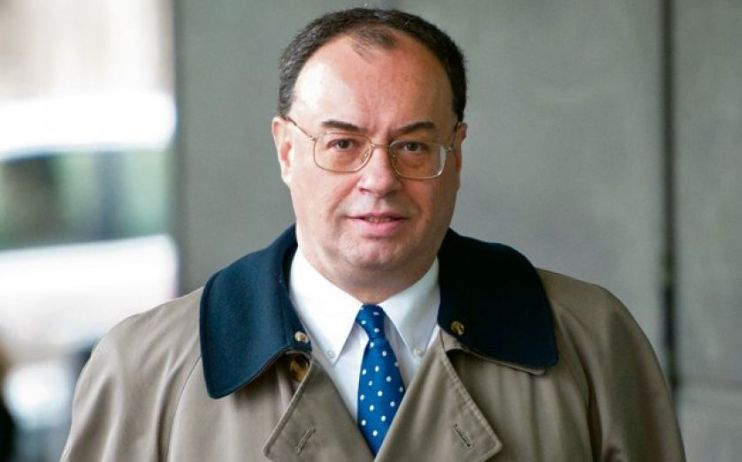Bank of England’s Bailey expects ‘pronounced recovery’ for economy

Bank of England Governor Andrew Bailey said yesterday he expected Britain’s economy would recover strongly as the country moves ahead with vaccinating its population against Covid-19.
“I really do think that we are going to see a pronounced recovery in the economy as the vaccination programme, as it is doing now, rolls out,” Bailey said.
Britain has suffered the highest death roll in Europe from Covid-19 and its economy shrank by the most among the world’s industrial powerhouses during the first half of 2020.
But Britain has also now vaccinated more people against Covid-19 than almost any other country, raising hopes of a recovery once the government begins to ease restrictions.
Bailey’s comments in a BoE online event for the public came a day after the central bank’s Chief Economist Andy Haldane said he expected the economy to begin to recover “at a rate of knots” from the second quarter.
New growth forecast
The BoE is due to publish new growth forecasts on 4 February alongside a report on the feasibility of cutting interest rates below zero to boost growth, as has been done already in the euro zone and Japan.
Bailey again played down expectations that the central bank would make a swift move on this issue.
“We have not taken any decision, in fact we’ve not actually discussed whether or not to introduce negative rates,” Bailey said. International evidence to date suggested negative interest rates were only effective in specific circumstances, he added.
When rates were close to zero, and in particular when they were negative, the ability of monetary policy to influence the economy was much less clear. “We do not know, with any confidence, how that would work,” Bailey said.
Most economists polled by Reuters expect the BoE to leave rates steady at 0.1 per cent until 2024.
Bailey said the impact of lockdowns on Britain’s economy seemed to be diminishing, but the current one would still deliver a big blow.
The share of retail sales that had moved online rose sharply in 2020 as consumers and businesses adjusted to social distancing rules, he said.
“We’re expecting however, obviously, quite a pronounced effect in the first quarter because this lockdown is obviously again necessarily a severe one,” Bailey said.